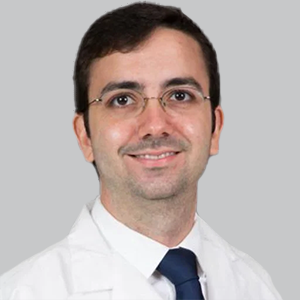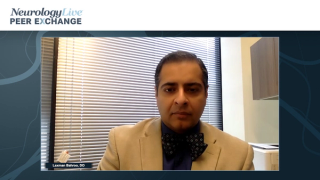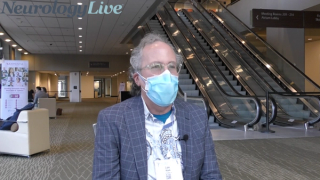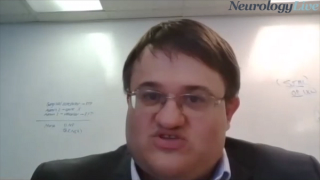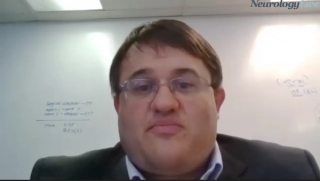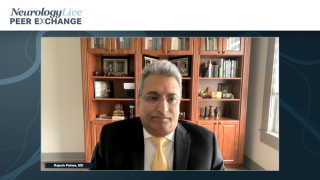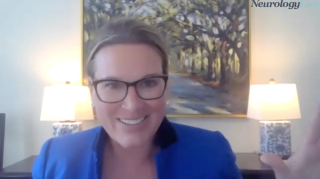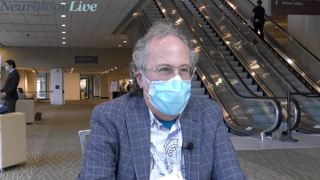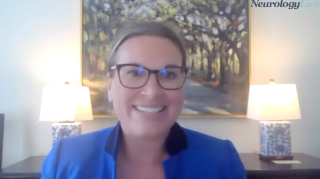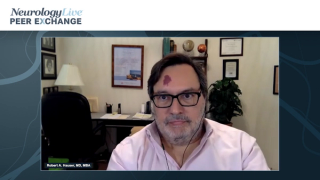
Movement Disorders
Latest News
Latest Videos

CME Content
More News
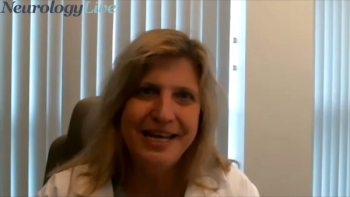
The neurosurgeon at Marcus Neuroscience Institute, Baptist Health, provided perspective on the advances of DBS and other invasive procedures for patients with degenerative disorders. [WATCH TIME: 4 minutes]
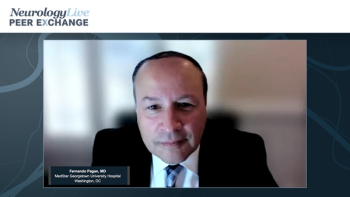
The expert panel shares strategies for accurate clinical diagnosis of dyskinesia in patients with Parkinson disease and discusses how dyskinesia may impact the quality of life.

The expert neurology panel examines risk factors for development of dyskinesia in patients with Parkinson disease.

Positive phase 2 data on CVN424, NETSseq platforms, and CVN417, a novel treatment for Parkinson disease, were presented at AD/PD 2023 International Conference.

Here's some of what is coming soon to NeurologyLive® this week.

Test your neurology knowledge with NeurologyLive®'s weekly quiz series, featuring questions on a variety of clinical and historical neurology topics. This week's topic is multiple sclerosis (MS).

New data demonstrated the potential of a new class of oral, small molecule inhibitors that target the fleeting intermediates at the core of neurodegeneration in Parkinson disease.

VO659, the only clinical candidate targeting the CAG repeat expansion that causes all polyglutamine diseases, is designed to reduce mutant HTT and spare wildtype HTT.

Take 5 minutes to catch up on NeurologyLive®'s highlights from the week ending April 7, 2023.

Mind Moments®, a podcast from NeurologyLive®, brings you an exclusive interview with Dilesh Doshi, PharmD. [LISTEN TIME: 22 minutes]

Drs William G. Ondo and Robert A. Hauser discuss the understanding of pathophysiology and clinical features of dyskinesia in patients with Parkinson disease.

Drs Rajesh Pahwa and Daniel E. Kremens discuss challenges with Parkinson disease treatment and management of motor fluctuations, dyskinesia and OFF episodes in patients.

Here's some of what is coming soon to NeurologyLive® this week.

Statistically significant improvements in several quantitative test measures of episodic memory, attentiveness, and depressive emotional bias were observed in patients treated with clenbuterol and nadolol.

In honor of Parkinson Disease Awareness Month, Hubert Fernandez, MD, director of the Center for Neurological Restoration at Cleveland Clinic, provided perspective on the advances in the care for the neurodegenerative disorder.
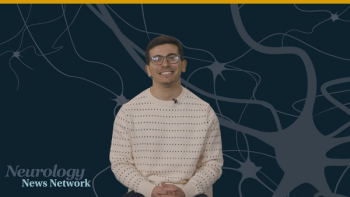
Neurology News Network for the week ending April 1, 2023. [WATCH TIME: 4 minutes]

Take 5 minutes to catch up on NeurologyLive®'s highlights from the week ending March 31, 2023.

Despite a pause in the trial due to the COVID-19 pandemic, patients who opted to continue treatment into the open-label extension demonstrated significant improvements in Parkinson disease dementia symptoms for up to 48 weeks.
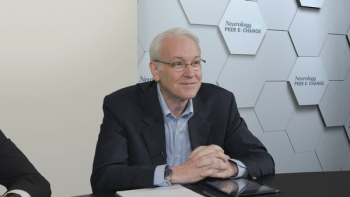
The expert panel discusses advances in formulations of carbidopa/levodopa and identification of OFF and ON time in patients with Parkinson disease.

Dr William G. Ondo provides an overview of available treatments and pharmacokinetic properties of different drugs for Parkinson Disease.

Here's some of what is coming soon to NeurologyLive® this week.
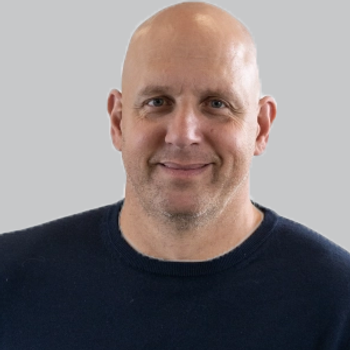
Over a 12-week treatment period, patients with Parkinson disease on light therapy demonstrated statistically significant improvements of 58% and 40% in lower and upper limb coordination and movement.

Take 5 minutes to catch up on NeurologyLive®'s highlights from the week ending March 24, 2023.
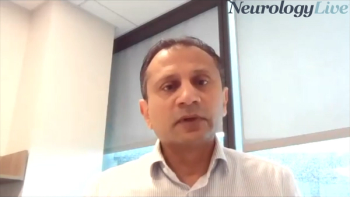
The vice president of Health Economic and Outcomes Research at Acadia Pharmaceuticals provided perspective on the negative effects seen from quetiapine and how the knowledge of pimavanserin has improved since approval. [WATCH TIME: 5 minutes]

If approved, ABBV-951 will become the first subcutaneous delivery of carbidopa/levodopa, often considered the standard of care for symptom management for patients with Parkinson disease.



